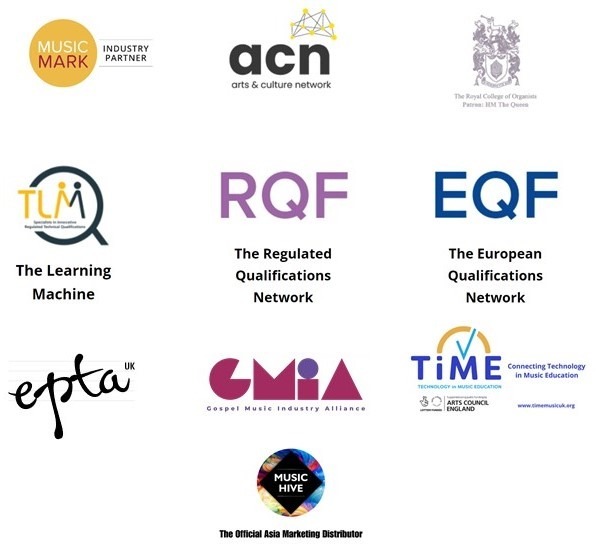Defending the Undefendable, not breaking Cowell’s back
Simon Cowell is an easy target for many and why not? Is he not the man that makes money out of everybody else’s talent? Is he not perceived as rude, abrupt and abrasive when addressing the qualities of others? Is this a deliberate TV act? Let’s hang on for one moment and look from the other side. It’s interesting to reflect as it is now 20 years since the first Pop Idol which aired in 2001
The Cowell industry has brought many big singing names to our households. This goes without saying. However, does he deserve credit for more than this? Leona Lewis was voted London’s most influential woman in 100 years by Metro readers for International Womens’ Day 2011 and represented the UK vocally at the Olympics 2008. She also turned down a huge figure from Harrod’s due to her animal rights beliefs because they still sell things made of fur. She is a great example as a singer and person to young girls as they aspire to be significant adults. Will Young, who won that very 2001 Pop Idol singing series, has done much for the LGBT movement, being proudly and openly exactly who he is, celebrating his identity. Chris Moyles was pulled up by Ofcom for his homophobic remarks with regards to Will and Will has spoken out about his feelings of homophobia, both subliminal and intentional towards him, in a Newsnight episode September 2020.
Pop Vocalists
Simon Cowell’s enterprises have discovered a huge range of talented pop vocal singers, but they have never fostered evolution, development, imagination or helped create musical genius. They don’t set out to further develop the writing or creative side of music and they tend to lean towards particular types of vocal training.
Musicianship
Three words from one song alone, All You Need is Love by the Beatles contain more musicianship than Simon Cowell has ever developed in others.
Beats per Bar
EXPERIMENTAL METRE (BEATS PER BAR): Have you ever listened to the words “Love, love, love” and counted the beats? Try it – it’s incredible. As you count, you realise that there are a possible 7 beats per bar in this piece: 2+2+3. Is this an influence from Indian Classical music thanks to Ravi Shankar KBE who they met a year before? Very probably. How many pop songs use 7/4 (or 4/4 alternating with 3/4). Do the Beatles maintain 7/4? Well, they almost do yes, they certainly continue alternating 4/4 with 3/4 metre although not with a consistent pattern (a sign of real genius).
Vocals
Then the vocals commence for the first verse in two part harmony, the “Love, love, love” continuing over semiquaver (16th notes) and quaver (8th notes) rapid lyrics, “There’s nothing you can do that can’t be done”.
Counterpoint and Melodies
As for the background, it was commissioned for the first ever live global television link, a satellite broadcast for TV called, “Our World”. The aim was to create something that could readily be latched onto by listeners who didn’t have English as their first language. “Love, love, love” seems to master this. Is this why George Martin suggested using the French national anthem, the Marseillaise, at the beginning, to make it more international? Do the Beatles stop there? Put simply, no, they feature other works such as In the Mood (jazz sax near the end – perhaps a world link to the USA?). In wouldn’t be out of character to suggest that the “love” message was Lennon counteracting the negativity that people in the USA may have been feeling towards the ruthless Vietnam war. Greensleeves at half-tempo may well be a song comment on the Beatles English heritage. There’s much more ‘overlapped’ material at the end and even the keys don’t match, creating a tonal-soup! Tonality and genius fused.
Instruments
As for instruments, McCartney on double bass, the use of a harpsichord (an instrument from the Baroque c. 1600-1750), the use of a backing track that a full orchestra was playing over the top of almost as a ‘click track’…. Genius!
Musical Legacy
The extra-musical legacy? Perhaps Bob Geldof could answer that. He has been quoted as saying that he wanted the 1984 Band Aid Single, Do They Know It’s Christmas to be sung all over the world as All You Need is Love was.
So Simon Cowell, which is better: promoting a singer/vocalist, or promoting a legacy of musical evolution, growth and development?
If you are interested in pop piano, classical piano, vocal in all styles, organ, or musicianship classes then visit:
Choose your plan
All Courses
-
All Piano Courses
-
All Organ Courses
-
All Singing Courses
-
All Guitar Courses
All Courses + Masterclass
-
All Piano Courses
-
All Organ Courses
-
All Singing Courses
-
All Guitar Courses
-
All Masterclasses



